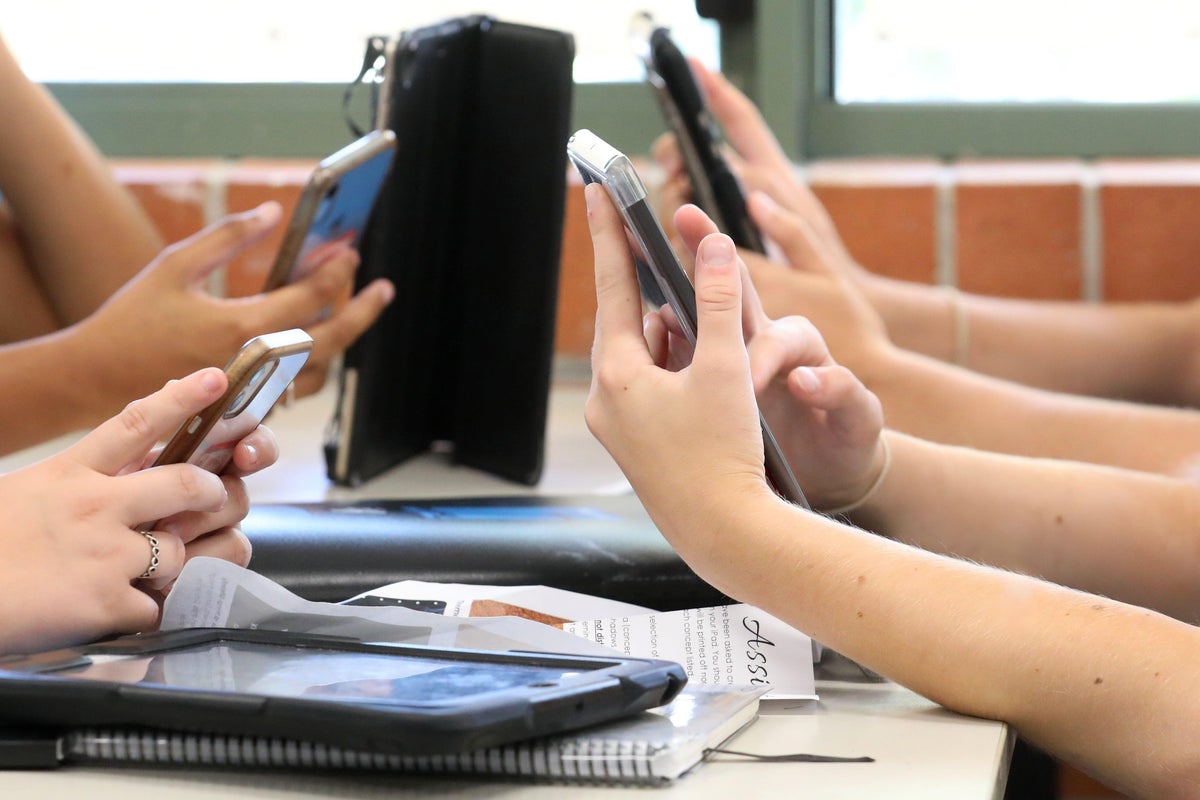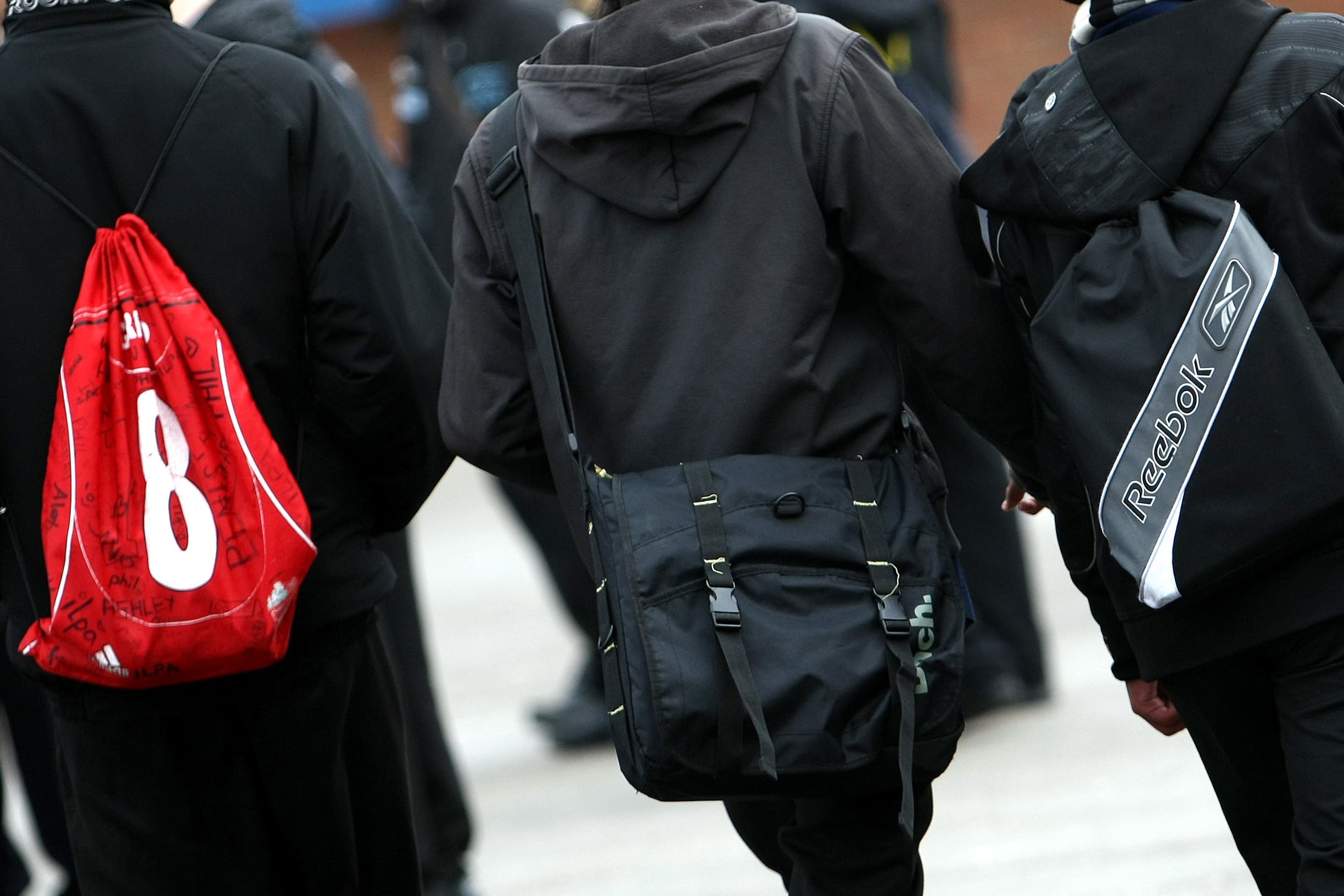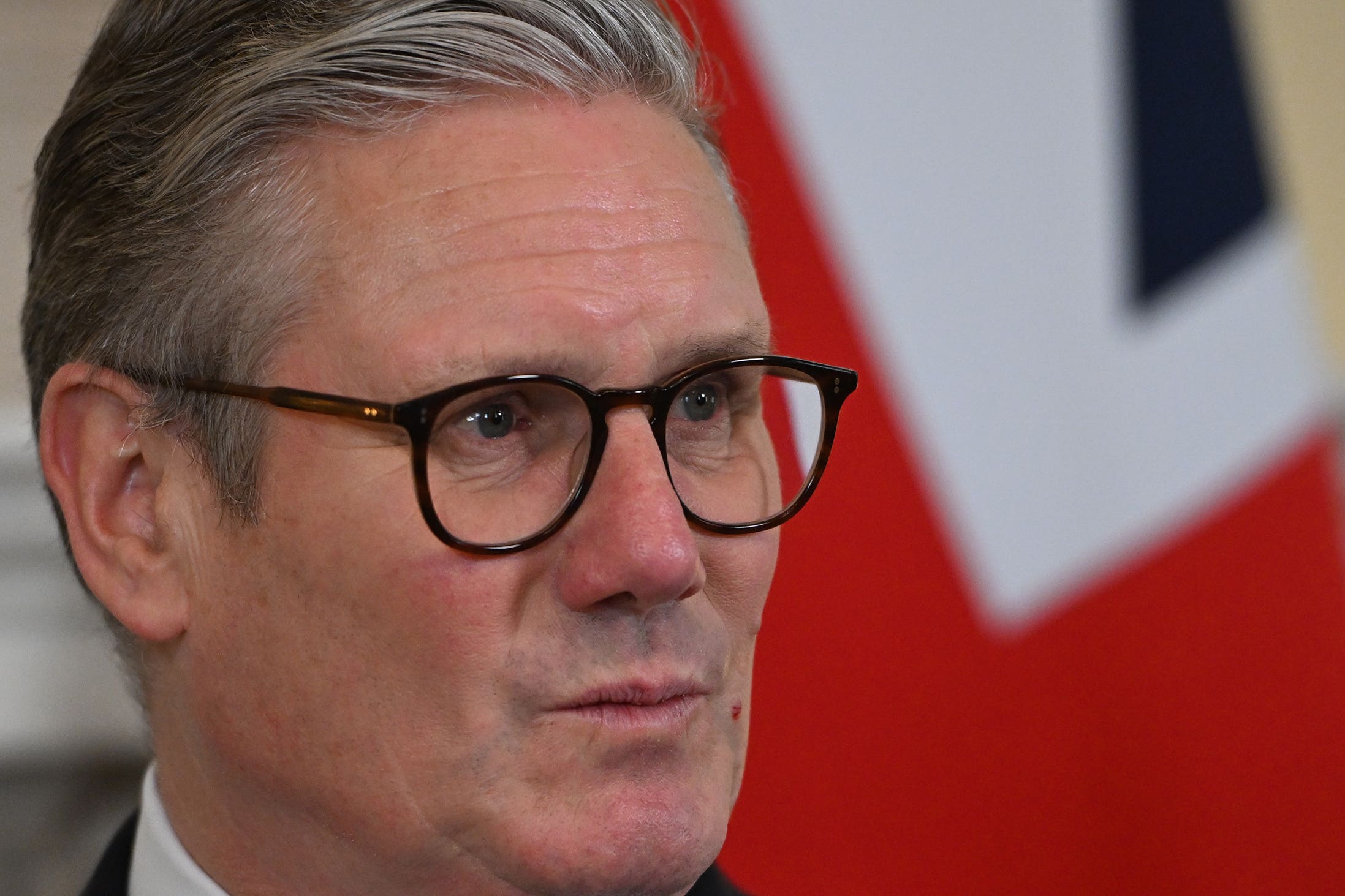
The leader of the UK's largest education union has called for the government to introduce a statutory ban on mobile phones in schools, arguing it would ease pressure on parents, teachers, and headteachers.
Daniel Kebede, general secretary of the National Education Union (NEU), says children in classrooms have access to "hardcore pornography" on their phones, citing the damaging effects on both boys and girls.
This call comes despite existing non-statutory guidance issued to schools last year under the former Conservative government, discouraging mobile phone use during school hours.
A recent survey conducted by the Children’s Commissioner across more than 15,000 schools in England revealed that most already have policies limiting phone use during the school day.
Publishing the new survey data on Thursday, Dame Rachel de Souza said banning phones should be left to individual head teachers rather than mandated by the government.
However, Mr Kebede expressed his "personal view" that the Labour government should adopt a firmer stance on the issue. He advocates for a statutory ban, going beyond the current non-statutory guidance.
His comments came ahead of a debate on men’s violence against women and girls at the NEU’s annual conference in Harrogate in Yorkshire next week.

The motion, due to be debated on Tuesday, calls on the union to do even more work to challenge sexism, sexual harassment and misogyny.
Speaking to the media ahead of the debate, Mr Kebede said a national conversation about mobile phone use, online harm and the “damaging impact” it has on young people is much needed.
“My personal view is I would support a statutory ban on mobile phones in schools,” Mr Kebede said.
“I think it would alleviate pressure from school leaders, teachers, but also parents.”
An amendment to the motion, tabled by the NEU executive, suggests that the rise of “unregulated” social media has led to violent pornography becoming accessible to young children and it adds that online spaces are playing a “significant role in the rise of misogynistic attitudes”.
The amendment suggests social media companies should be “held accountable” for influencing how young people learn and feel about relationships and for “normalising” violent attitudes about women.
“The average 12-year-old has access to the most hardcore pornography on their mobile phone and that is incredibly damaging to the wellbeing of young boys and their perceptions of women, girls, sex and relationships,” he said.
He added that the country “should look towards Australia” where the senate has passed a social media ban for children under 16.

The NEU leader called for social media companies to be regulated in a similar way to tobacco companies due to their harm to children’s mental health.
His comments come as the television drama Adolescence, which examines so-called incel (involuntary celibate) culture, has prompted a national conversation about online safety.
Last week, Prime Minister Sir Keir Starmer said there was no “simple solution” to stop boys from being dragged into a “whirlpool” of misogyny as he hosted creators of the Netflix drama at Downing Street.
Netflix has said it will make the series free to stream for all secondary schools across the UK.
David Wilson, deputy general secretary of the NEU, said the TV drama had struck a chord with teachers.
Speaking ahead of the union’s annual conference, he said: “The issue of misogyny in schools is a grave concern to members and a growing concern over the last few years.”
Last month, Conservative leader Kemi Badenoch questioned why the Government opposed a Tory amendment to the Children’s Wellbeing and Schools Bill to require schools to ban the use of phones.
In response, Sir Keir described the proposal as “completely unnecessary” as he claimed “almost every school” already bans phones.
Last month, Education Secretary Bridget Phillipson said she had tasked officials with exploring how to “more effectively monitor” what is happening in schools in England regarding the use of smartphones.
In a speech to school and college leaders in Liverpool in March, Ms Phillipson said: “The Government’s position is clear, you have our full backing in ridding our classrooms of the disruption of phones.”

Shadow education secretary Laura Trott said it was “not too late” for Sir Keir to change his mind about her party’s proposal.
“The evidence of the damage smartphones and social media are having on children’s education and mental health is undeniable,” she said.
“The Department for Education’s own research showing phones disrupt nearly half of GCSE classes every day. That’s why the PM was wrong to dismiss our proposal to ban smartphones in schools (as) ‘unnecessary’ and a ‘waste of time’.
“Teachers, parents, pupils and now even trade unions want action. It’s not too late for Labour to put politics aside and do the right thing to protect children in schools.”
A Government source said: “Phones are distracting, disruptive and have absolutely no place in classrooms.
“The Children’s Commissioner’s comprehensive evidence shows our approach of backing headteachers to implement bans in their schools is working, the Tories have been chasing headlines with no care for what’s happening on the ground in schools.
“By ramping up monitoring we will ensure every school, and every classroom, is phone free, delivering on our Plan for Change to give our children the best education.”
More than four hours a day
Dame Rachel de Souza has instead called for “stronger action” to protect children from harmful content online beyond the classroom – including a possible social media ban for children under 16 or restricting smartphone use for all children.
Parents need support in managing their children’s online activities and setting “appropriate boundaries” as part of a “whole-society approach” to keeping young people safe, the Children’s Commissioner for England has said.
It follows a survey for the Children’s Commissioner that suggested nearly a quarter of children spend more than four hours a day on an internet-enabled device.
A YouGov poll of 502 children in England aged eight to 15 found that 23 per cent spend more than four hours a day using an internet-enabled device with a screen – such as a computer, phone, tablet or gaming console.
One in four (25 per cent) spend two to three hours a day on such a device, while a fifth (20 per cent) spend three to four hours a day, according to the survey which was carried out in March and April.







